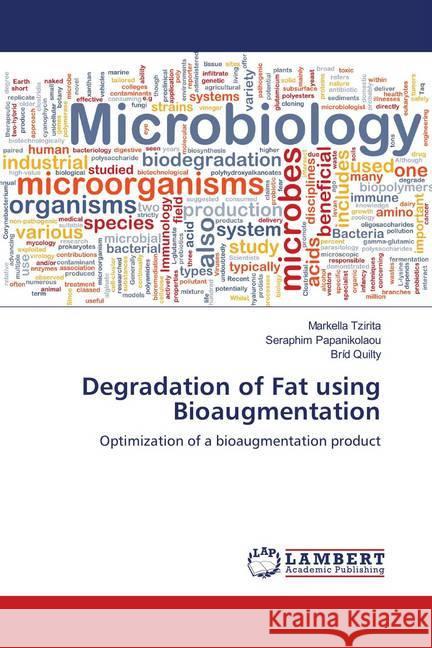Degradation of Fat using Bioaugmentation : Optimization of a bioaugmentation product » książka
Degradation of Fat using Bioaugmentation : Optimization of a bioaugmentation product
ISBN-13: 9783659964749 / Angielski / Miękka / 2018 / 68 str.
The vast majority of blockages in sewers are caused by fats, oils and grease (FOG) generated in high amounts from food facilities. The removal of FOG from wastewater is thus critically important to ensure that wastewater is disposed of efficiently and economically avoiding blockages of sewers and problems in municipal wastewater treatment plants. The most sustainable way to treat FOG in the sewers is to use the natural process of microbial degradation. A bioaugmentation product comprising strains of the genus Bacillus, was evaluated for its ability to degrade fat in laboratory-scale experiments. Addition of a Pseudomonas putida strain CP1 to the mixed population promoted rapid and complete degradation of fats. High fat accumulation in the bacterial cells suggested the potential use of the new bacterial mixture to produce value-added compounds. The new mixture of bacteria showed successful cooperation among its members, with good potential for FOG treatment and an aggregative response desirable for fat degradation in grease traps. This research plays an important role in understanding the degradation of FOG and thus expands our knowledge of preventative maintenance of sewer systems.











